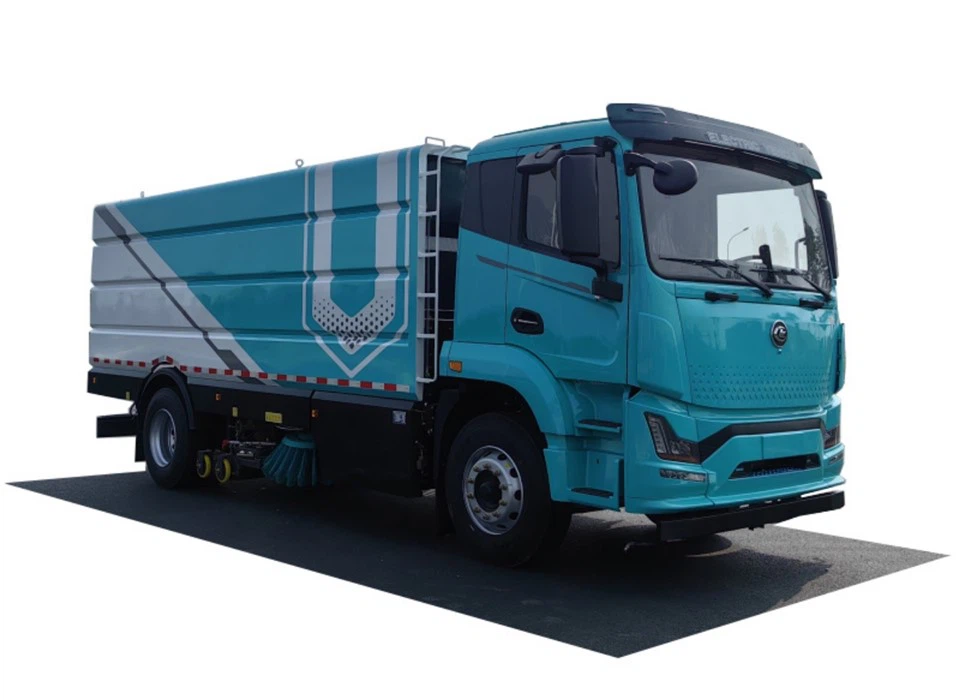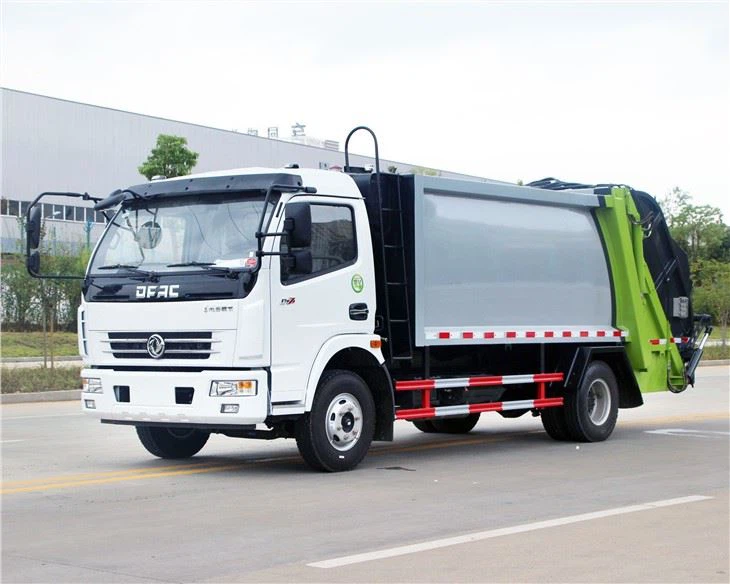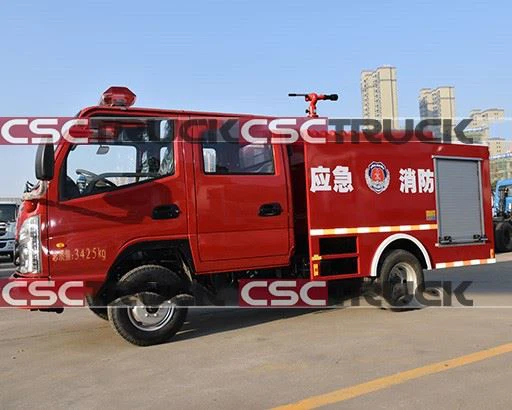Understanding Commercial Car Definition: A Comprehensive Guide

Introduction
When discussing transportation, the term “commercial car” frequently arises, yet many people struggle to fully comprehend what it entails. In this article, we will explore the comprehensive definition of a commercial car. We’ll delve into its various types, legal implications, important features, and practical examples. Moreover, understanding commercial vehicles is critical for businesses, legislation, and economic factors. This guide aims to provide clarity, aiding entrepreneurs, drivers, and readers in enhancing their knowledge about commercial cars.
What is a Commercial Car?
A commercial car is fundamentally defined as any vehicle used primarily for business purposes rather than personal use. This includes vehicles utilized for transporting goods, providing services, or conducting any business-related activities. Various factors influence the classification of a commercial car, including its weight, design, and the type of business it supports.
Types of Commercial Cars
1. Light Commercial Vehicles (LCVs)
Light commercial vehicles, typically weighing between 3.5 to 7.5 tons, include vans and trucks. They are commonly used for deliveries and transporting goods. Examples include:
- Ford Transit
- Mercedes-Benz Sprinter
- Ram ProMaster
2. Heavy Commercial Vehicles (HCVs)
Heavy commercial vehicles are designed for heavy loads and usually exceed 7.5 tons. They’re often utilized in industries like construction and freight transport. Examples include:
- Freightliner Cascadia
- Mack Anthem
- International LT Series
3. Specialty Commercial Vehicles
Specialty vehicles serve unique business needs. Examples include:
- Ambulances
- Refrigerated trucks
- Flatbed trucks
Legal Implications of Driving a Commercial Car

Commercial cars are subject to different regulations than personal vehicles. Understanding these laws is vital for business owners and drivers.
Licensing Requirements
In many jurisdictions, driving a commercial vehicle requires a specific type of driver’s license. Depending on the weight and type of vehicle, a Commercial Driver’s License (CDL) may be necessary.
Insurance Needs
Commercial car insurance is significantly different from personal vehicle insurance. Businesses typically require higher coverage limits due to the increased risks associated with commercial activities. Types of insurance to consider include:
- Liability Insurance
- Collision Coverage
- Comprehensive Coverage
Features of Commercial Cars
Commercial vehicles are designed with specific features that enhance their utility for business activities. Understanding these features can help businesses select the right vehicle for their operations.

Size and Capacity
Commercial cars tend to have larger sizes and capacities tailored for transporting goods or numerous passengers. The size often affects the vehicle’s design and compliance with local regulations.
Durability
Commercial vehicles are generally built with robust materials to withstand heavy use and harsh environments. Their durability ensures longevity, reducing maintenance costs in the long run.
Technology and Safety Features
Modern commercial cars come equipped with the latest technology, enhancing safety and efficiency. Features can include:
- GPS Navigation
- Lane Departure Warnings
- Rear-View Cameras
Benefits of Using Commercial Cars for Businesses
Investing in commercial cars can yield numerous advantages for businesses.
Increased Efficiency
Commercial vehicles are designed to optimize business operations, allowing for effective logistics, delivery management, and service provision.
Cost-Effectiveness
While the initial investment in a commercial car can be higher, operational costs often decrease over time due to energy efficiency, reduced maintenance, and better fuel economy.
Branding Opportunities
Commercial cars offer excellent branding opportunities. Businesses can add their logos and messages to the vehicle, enhancing visibility and reach while on the road.
Practical Tips for Choosing a Commercial Car
Selecting the right commercial car is vital for your business’s success. Here are some practical tips to guide your purchase:
Assess Your Business Needs
Consider what you will be using the vehicle for. Analyze cargo capacity, the number of passengers, and typical driving conditions.
Calculate Total Cost Ownership
Look beyond the purchase price and assess total cost ownership, including maintenance, fuel, insurance, and potential resale value.
Evaluate Vehicle Features
Ensure that the vehicle includes the necessary features that enhance productivity and safety for your business operations.
Read Reviews and Ratings
Conduct research on different models, read customer reviews, and consider expert ratings to make an informed decision.
Essential Maintenance Tips for Commercial Cars
Regular Inspections
Conduct routine inspections to catch potential issues before they escalate. Check the brakes, tires, lights, and fluid levels regularly.
Scheduled Maintenance
Establish a schedule for routine maintenance, including oil changes, filter replacements, and tire rotations, to prolong vehicle lifespan.
Documentation
Keep organized records of all maintenance and repairs, which can help in tracking vehicle performance and assist in resale.
Cost Consideration of Commercial Cars
Investing in commercial vehicles requires a thorough understanding of associated costs to ensure financial feasibility.

Purchase Price vs. Leasing
Consider whether to purchase or lease a commercial car. Leasing may offer lower initial costs but purchasing builds asset equity.
Operating Costs
Analyze recurring operating costs including fuel, maintenance, insurance, and tolls. A thorough breakdown can help choose the most economical option.
Resale Value
Keep in mind that some commercial cars retain value much better than others. Research market trends to choose a vehicle likely to hold its value.
FAQ Section
1. What qualifies as a commercial car?
A commercial car is any vehicle primarily used for business purposes, such as transporting goods or providing services, rather than for personal use.
2. Do I need a special license to drive a commercial car?
Yes, depending on the size and weight of the vehicle, you may need a Commercial Driver’s License (CDL) or special endorsements.
3. How does commercial car insurance differ from personal insurance?
Commercial car insurance typically requires higher liability coverage limits and additional options specific to business operations.
4. What are the tax implications of using a commercial car?
Businesses can often claim deductions on expenses related to commercial vehicles, including depreciation, fuel, maintenance, and insurance premiums.
5. Can I convert a personal car into a commercial vehicle?
Yes, converting a personal car for business use is possible, but it requires adherence to specific regulations, including insurance and possible modifications.
6. Are electric commercial vehicles available?
Yes, there is a growing range of electric commercial vehicles available, designed to meet business needs while offering lower operational costs and a reduced carbon footprint.
